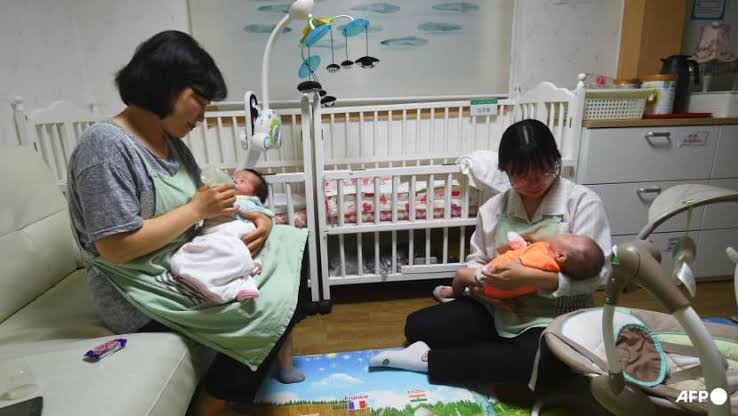South Korea Ends Private Adoptions After Rights Abuse Findings
South Korea will officially end the long-standing practice of outsourcing adoptions to private agencies, following a damning investigation that uncovered systemic rights violations in its international adoption programme.
Beginning Saturday, the government will implement a fully public adoption system in which the state and local authorities take full control of the process, the Ministry of Health and Welfare announced on Friday.
The decision follows a Truth and Reconciliation Commission report that revealed widespread irregularities in the country’s foreign adoption system—including fraudulent registration of orphans, tampering with identities, and poor vetting of adoptive families.
South Korea had sent over 140,000 children abroad for adoption since the Korean War (1950–1953), particularly during the 1970s and 1980s when adoption agencies flourished amid rapid economic development. Initially promoted as a solution to the post-war crisis, international adoptions later became a profit-driven industry with minimal government oversight, the commission said.
Under the new system, adoption procedures—such as screening prospective parents and child placement—will be overseen by a central committee under the principle of the “best interests of the child.”
“This reform marks a significant step toward safeguarding the rights and welfare of adopted children,” said Kim Sang-hee, Director of Population and Child Policy at the Health Ministry.
The investigation held the South Korean government responsible for failing to regulate adoption fees and practices, allowing abuses to persist for decades.
Adoptee activists welcomed the move but cautioned that the state must go further. “It’s time Korea shuts down private agencies, but public adoption isn’t enough,” said Lisa Wool-Rim Sjoblom, a Korean adoptee raised in Sweden. She urged the government to follow up with an apology, reparations, and full acknowledgment of the abuses.
“This is about addressing decades of human rights violations the state enabled and profited from,” Sjoblom told AFP.
International adoption in South Korea began as a means to remove mixed-race children born to Korean women and foreign soldiers—particularly Americans—from a society that prioritised ethnic homogeneity.
Now, with the transition to a state-led system, the government says it aims to restore integrity, transparency, and accountability to a practice once marred by secrecy and exploitation.



[…] thick smoke darkened skies over the city, forcing residents indoors and disrupting visibility. Firefighters have been deployed to battle the flames, while aerial footage captured plumes of […]